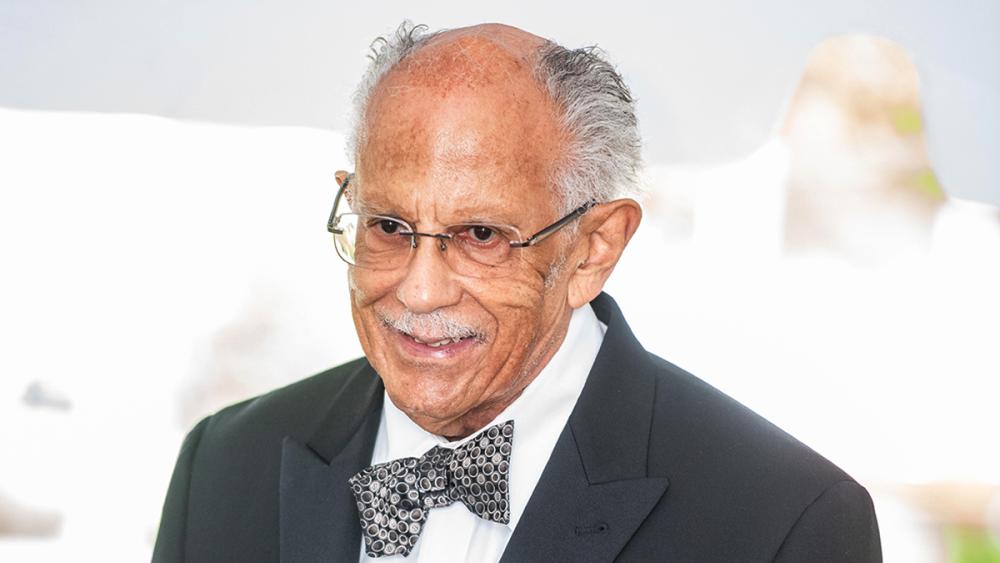Renowned Atmospheric Scientists Earns Prestigious Award and Honorary Recognition from Penn State

Harrisburg, PA - The Innovation Park at Penn State University has recently unveiled several buildings, each named after a renowned individual who has made significant contributions to the field of atmospheric sciences. Among these names is that of Warren Washington, an internationally recognized expert in climate research and atmospheric sciences.
In 2019, Penn State President Emeritus Eric J. Barron stated that he was pleased to have recognized Washington as the first nominee for a named building at Innovation Park. He also praised Washington's dedication to mentoring underrepresented members in his field. "He was an inspiration, and a mentor who has long helped individuals live the life within them," said Barron.
Washington's career spanned over five decades at the National Center for Atmospheric Research, where he conducted extensive research before retiring in 2018. Throughout his illustrious career, he prioritized serving as a mentor to underrepresented communities in atmospheric sciences.
His dedication and commitment to diversity were recognized with numerous awards. In 1999, Washington won the Dr. Charles Anderson Award from the American Meteorological Society (AMS) for his pioneering efforts as a mentor and supporter of educational programs and outreach initiatives targeting underrepresented groups. He was also the first African American to serve as President of AMS.
In recent years, Washington has received further accolades from institutions across the United States and internationally. In 2020, AMS created the Warren Washington Research and Leadership Medal in his honor, which is awarded annually for outstanding contributions in atmospheric science research and distinguished scientific leadership. Other notable recognitions include the National Medal of Science (2009), the Tyler Prize for Environmental Achievement (2019), and numerous awards from other peers.
Washington's legacy extends beyond his own achievements, as a source of inspiration to aspiring scientists seeking diversity and inclusion. As President Emeritus Barron expressed pride in his recognition at Innovation Park, Washington's example serves as a testament to the power of mentorship and dedication to fostering meaningful change in science education.
